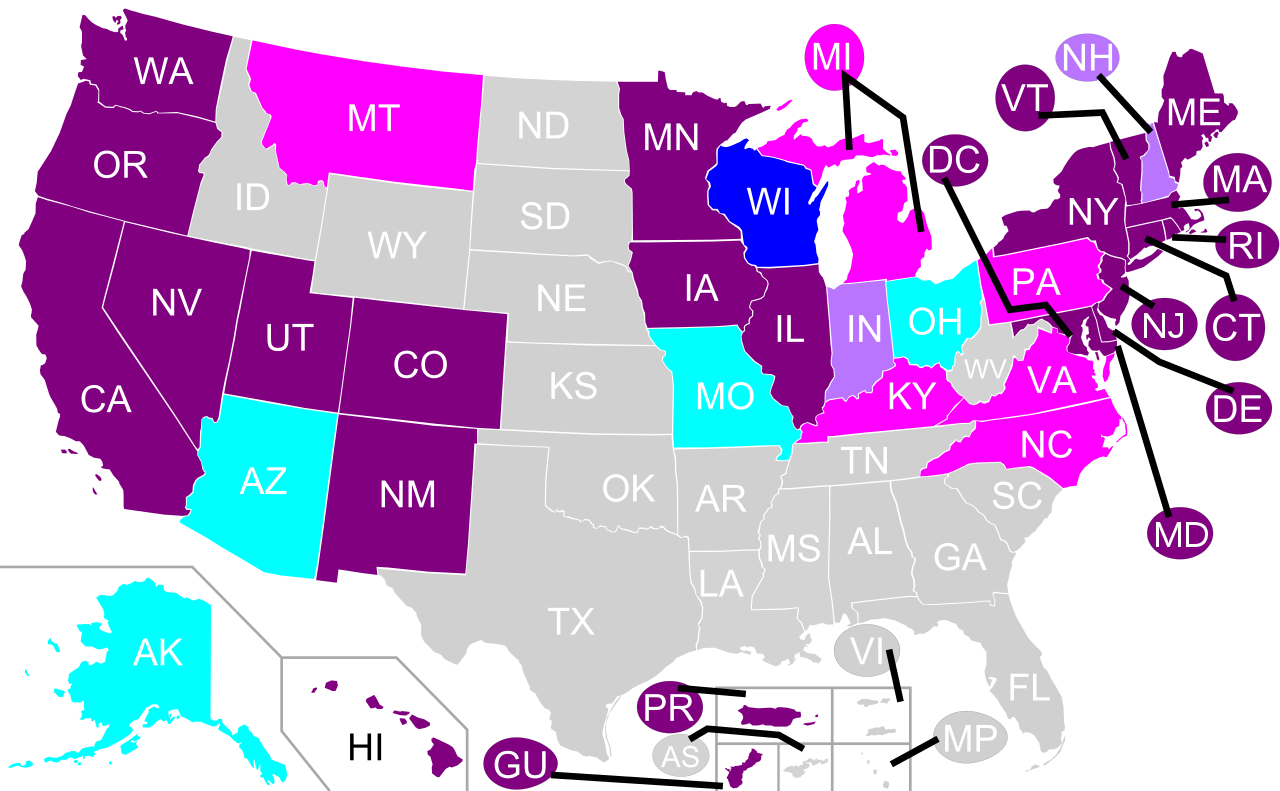
New report explores the identity of Latino Muslims in the United States
The Latino Muslims Survey (LMS), a social science oriented study of U.S. Latino Muslims, examined the religiosity of 560 Latino Muslims via an online, bilingual nationwide survey. The historic findings shed light on the intersection of religious beliefs and practices; spiritual, moral, social, and ethical views. The study also examined the social, civic and political…





